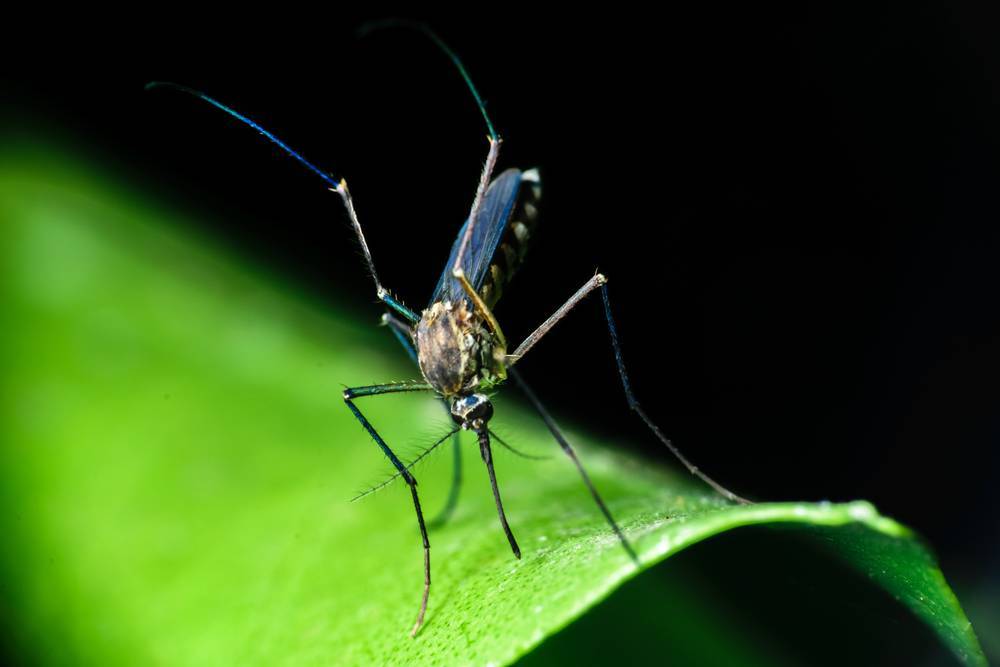Japanese encephalitis (JE) is a mosquito-borne disease that poses a significant health risk in many parts of Asia. It can lead to severe neurological complications and even death.
In this article, we’ll explore what Japanese encephalitis is, its symptoms and complications, and whether vaccination is the right choice for you.
What is Japanese Encephalitis?
JE is a viral infection caused by the Japanese encephalitis virus (JEV), transmitted primarily through the bite of infected Culex mosquitoes. The disease is most prevalent in rural and agricultural areas in Asia, where rice paddies and pig farming provide ideal breeding grounds for these mosquitoes. According to the World Health Organization (WHO), an estimated 68,000 cases of JE occur annually, with a fatality rate of around 20-30%.
Symptoms and Complications: Silent but Deadly
Most individuals infected with JEV remain asymptomatic or experience only mild symptoms, such as fever and headache. However, in approximately 1 in 250 cases, the infection can lead to severe complications. Symptoms of severe JE include high fever, neck stiffness, seizures, and altered mental status. The infection can progress rapidly, resulting in inflammation of the brain (encephalitis) and sometimes death. Among survivors, approximately 30-50% suffer from long-term neurological complications, such as cognitive impairment and motor dysfunction.
Risk Factors: Who’s Most Vulnerable?
While anyone can contract JE, certain factors increase the risk of infection. These include:
- Geography: JE is prevalent in many Asian countries, including India, China, Japan, and Southeast Asian nations. Travellers to these regions, particularly those visiting rural areas, face a higher risk.
- Age: Children under 15 years are more susceptible to severe JE, as they have not yet developed immunity to the virus.
- Season: The risk of contracting JE is highest during the rainy season and early autumn, when mosquito populations are abundant.
Prevention: Mosquito Control and Vaccination
Mosquito control is a crucial step in preventing JE. Using insect repellent, wearing long-sleeved clothing, and sleeping under mosquito nets can help minimise the risk of infection. However, vaccination remains the most effective method of prevention.
The WHO recommends JE vaccination for individuals living in or travelling to high-risk areas. Several safe and effective vaccines are available, including inactivated, live-attenuated, and recombinant vaccines. The vaccination schedule typically involves one or two doses, with a booster dose recommended after 1-2 years for ongoing protection.
Weighing the Pros and Cons: Should You Get Vaccinated?
When considering JE vaccination, it’s essential to weigh the potential benefits against the risks. For travellers visiting high-risk areas for a short period, the risk of contracting JE may be relatively low. However, if you plan to stay in a high-risk area for an extended period or engage in activities that increase your exposure to mosquitoes, vaccination may be a wise choice. In addition, those living in JE-endemic regions should consider vaccination to protect themselves and their communities.
Conclusion: Stay Informed and Protect Yourself
Japanese encephalitis is a serious disease with potentially devastating consequences. By understanding the risks and taking appropriate preventive measures, including vaccination when necessary, you can safeguard your health while travelling or living in high-risk areas in Asia. Consult your healthcare professional for personalised advice on whether JE vaccination is right for you.

